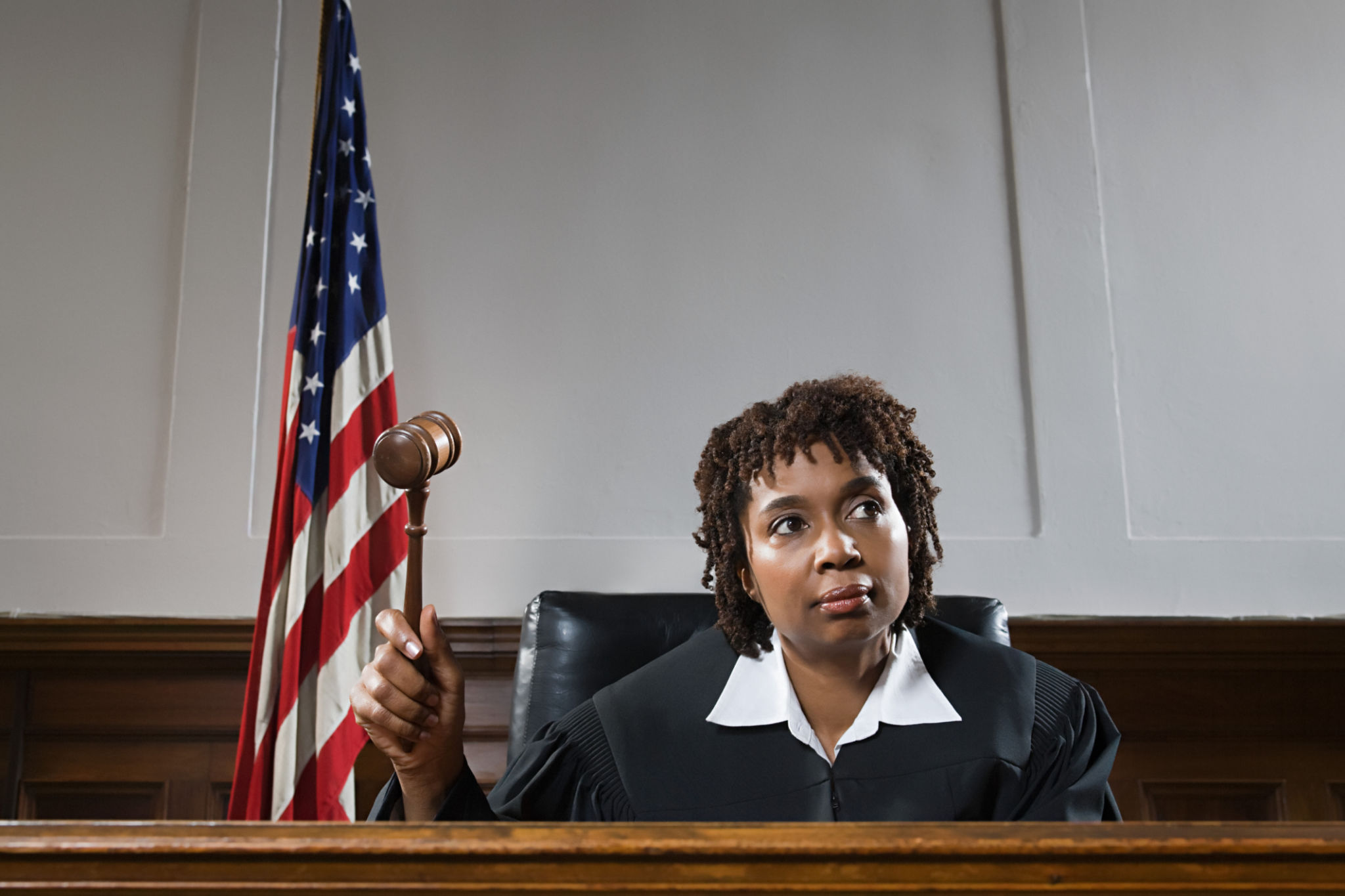Exploring Conservatorships: When and Why You Might Need One
Understanding Conservatorships
Conservatorships have gained significant attention in recent years, largely due to high-profile cases. But what exactly is a conservatorship, and when might it be necessary? A conservatorship is a legal arrangement in which a court appoints an individual or organization to manage the financial or personal affairs of someone who is unable to do so themselves due to age, illness, or incapacity.

Types of Conservatorships
There are generally two types of conservatorships: conservatorship of the person and conservatorship of the estate. The former involves managing personal matters such as healthcare and living arrangements, while the latter focuses on financial affairs. In some cases, a single conservator may be appointed to handle both aspects.
A conservatorship of the person is usually required when an individual can no longer make safe decisions about their own care. This might include decisions about medical treatment, living arrangements, and daily activities.
When Is a Conservatorship Necessary?
Determining when a conservatorship is needed can be challenging. It typically arises in situations where an individual's ability to make sound decisions is compromised. Common scenarios include:
- Aging individuals experiencing cognitive decline
- Individuals with severe mental health issues
- Adults with developmental disabilities
- Individuals who have suffered traumatic brain injuries

The Process of Establishing a Conservatorship
The process for establishing a conservatorship involves several steps. It usually begins with filing a petition in court, followed by an evaluation of the individual's condition by a qualified professional. The court then conducts a hearing to determine if a conservatorship is necessary. If approved, the court appoints a conservator who is responsible for managing the individual's affairs.
It's important to note that conservatorships can be temporary or permanent, depending on the individual's circumstances. In some cases, the need for a conservatorship may diminish over time, allowing the individual to regain control of their affairs.

The Role and Responsibilities of a Conservator
A conservator has significant responsibilities and must act in the best interest of the individual under their care. Their duties may include:
- Managing finances and paying bills
- Arranging for healthcare and personal needs
- Making decisions about living arrangements
- Providing regular reports to the court
The court closely supervises conservators to ensure they fulfill their duties ethically and responsibly. Failure to do so can result in legal consequences.
Alternatives to Conservatorships
While conservatorships are sometimes necessary, they can be intrusive and costly. Hence, it's wise to explore alternatives such as:
- Power of Attorney: Allows someone to make financial or medical decisions on another's behalf.
- Living Trusts: Enable individuals to manage their assets while avoiding court intervention.
- Healthcare Directives: Specify one's wishes for medical care in advance.
These alternatives can offer more autonomy to individuals while still providing necessary support and oversight.

Concluding Thoughts
Conservatorships play a critical role in protecting vulnerable individuals who cannot manage their own affairs. However, they must be approached with caution and respect for the individual's rights and dignity. It's always advisable to seek legal counsel when considering a conservatorship to ensure it's the best option for all parties involved.
Ultimately, understanding when and why a conservatorship might be needed can help families make informed decisions about their loved ones' care and well-being. The goal should always be to balance protection with personal autonomy, providing support where it's genuinely needed.